Student projects
Sustainability Ambassadors leave their mark on the community through the projects they design and implement within the program.
On this page
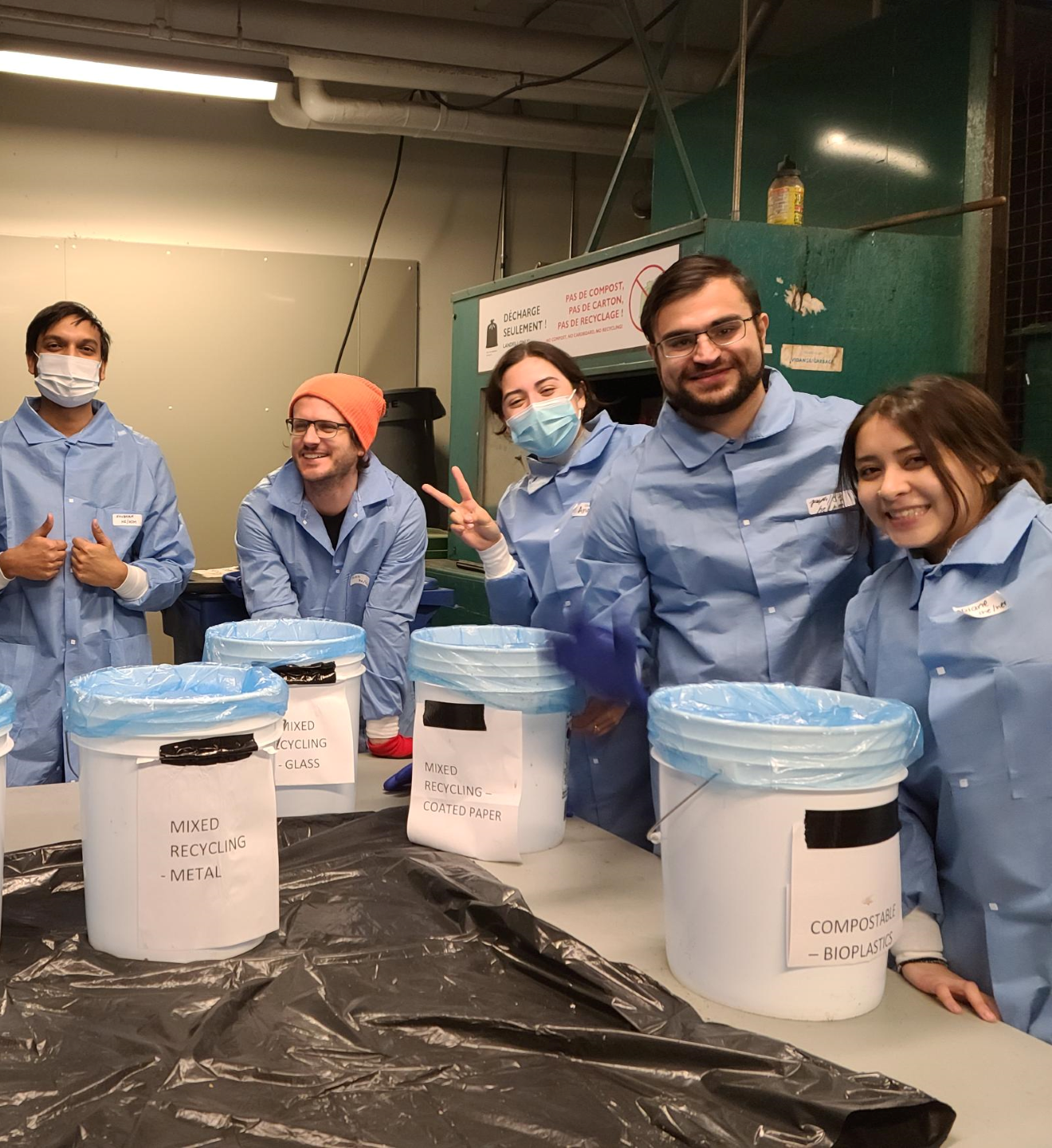
2023 Waste Audit
Diane Maldonado, Anich Anli, Nazeer Rahim Bhati, and Sydney Brierley collaborated to implement and analyze how effectively Concordia’s available waste sorting is use by the community and provide recommendations for improvement. They collaborated heavily with Faisal Shennib and Zero Waste Concordia to ensure data was accurately collected and welcome the support of student volunteeers.
Final Report coming soon !
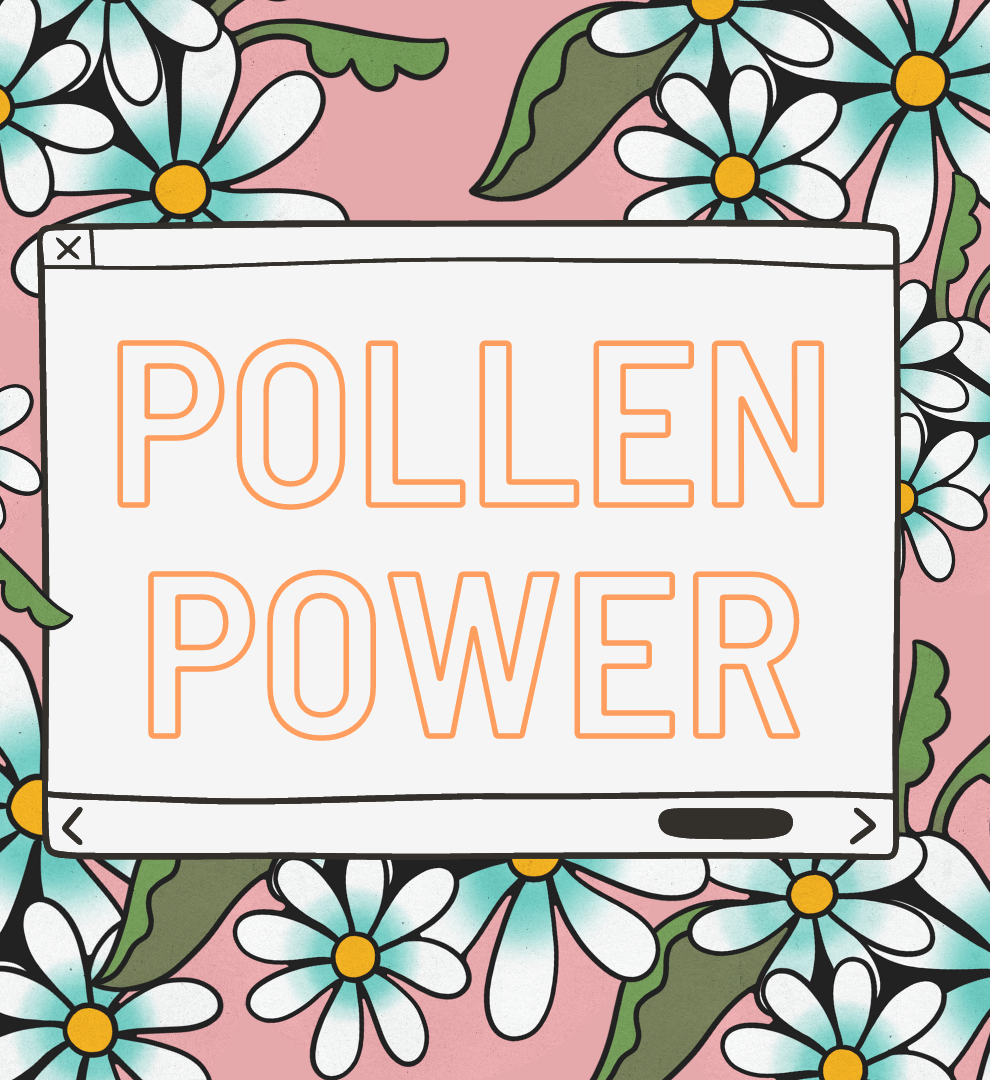
Pollen Power
The purpose of Pollen Power is to establish a thriving environment for native bees on the Loyola Campus. Katharina Le Juge de Segrais, Joseph Collier, Cami Loignon-Gagnon, Louise Van Oel, Eva Bliss, and Mireya Palacios Jiminez identified a need for data on campus native bee populations to further the project of building supportive landscapes. Jackie Martin, the Urban Agriculture and Biodiversity Coordinator, and Biology Professor Emma Despland provided invaluable advice. Pollen Power designed an interactive workshop that educated Concordians about native pollinators and native plants that they support, while also promoting opportunities for students to engage in citizen science.
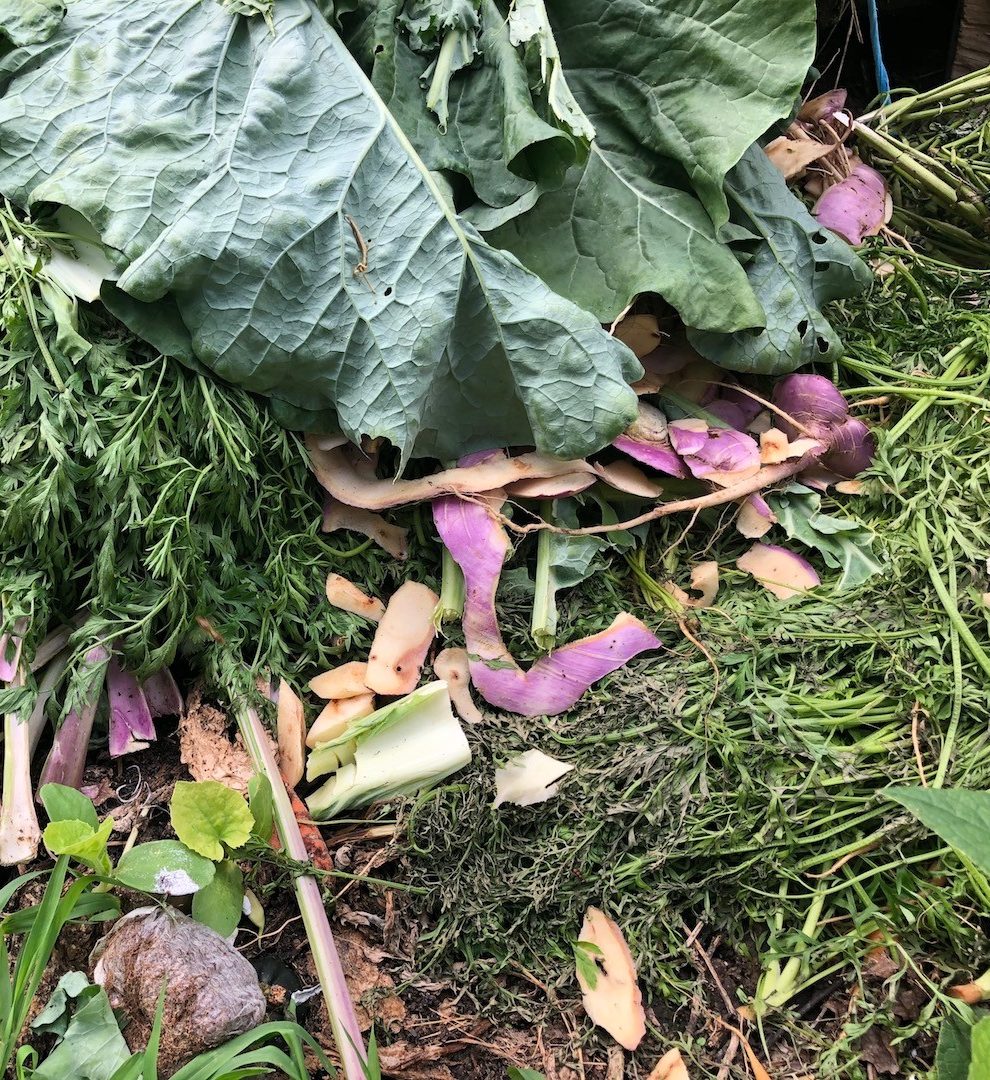
Food for Thought
Renata Rodriguez, Milan Nguyen, Juliana Rodriguez, and Hannah Huyer formed Food for Thought to educate first year students living in Residence about food waste, as well as research the key factors affecting student-initiated waste in the dining halls.
These SAs aimed to promote sustainability literacy based on environmental consciousness and mindful eating, thus hoping to lower food loss and strengthen food systems. Food for Thought engaged students through free local and fairtrade food items, a family-feud style game based on food facts, and a survey of student experience. Their initial results indicate that a better understanding of why food waste is happening in the Grey Nuns Residence will help generate solutions that tackle the root problem – the need for a more collaborative and transparent approach to Concordia’s future food policy.
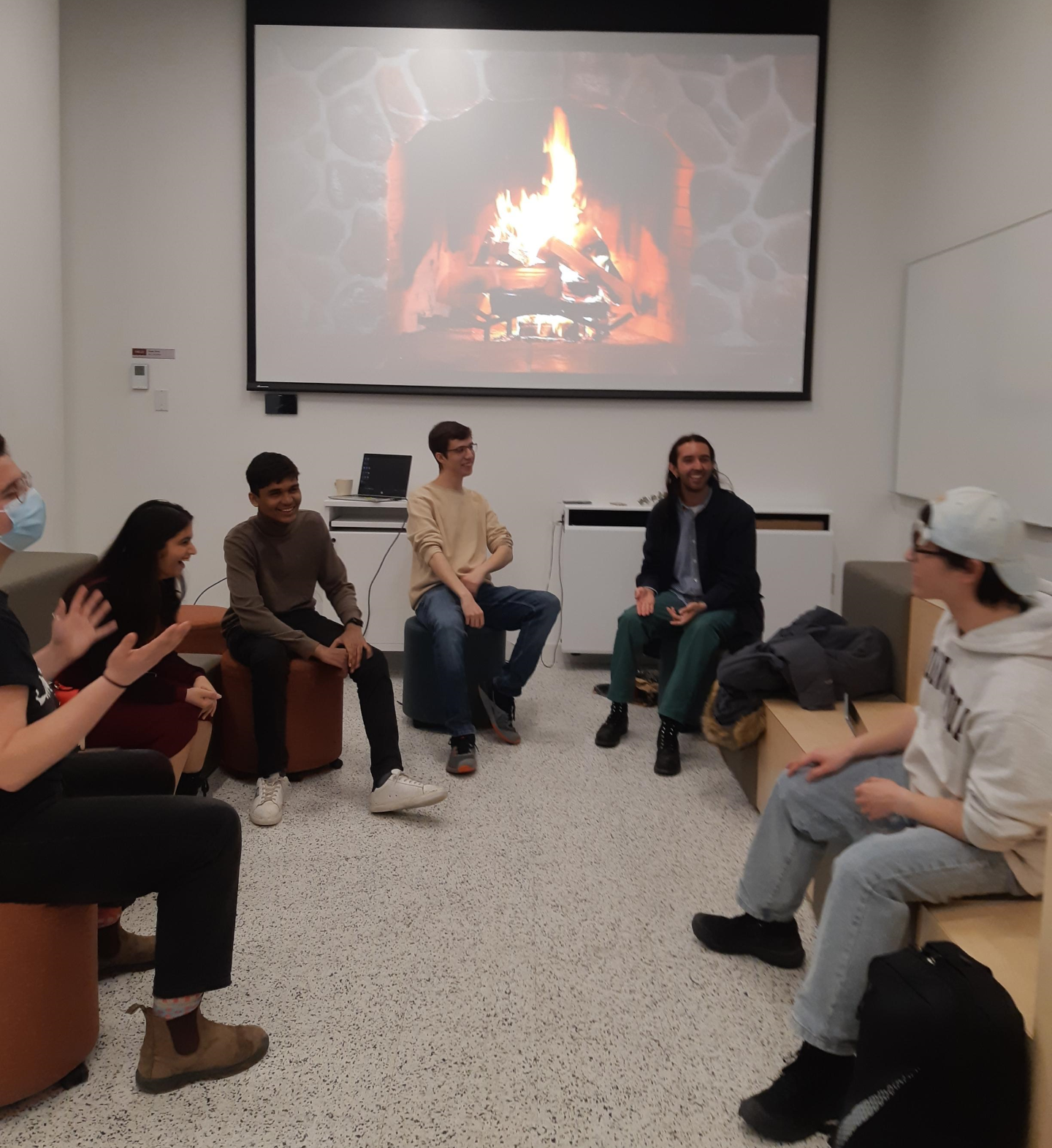
Greenwatch Interviews
Ashley Spanier-Levasseur, Kavi Neva, Aditya Shah, and Ralph Kiderchah teamed up as Greenwatch to interview four under-celebrated members of the Concordia University community who were doing interesting and impactful work related to sustainability, across fields of study and experience. The also hosted a Sugar Shack chat event at the SHIFT Centre for Social Transformation to introduce students to the various opportunities to get involved in sustainability.
Greenwatch's interviews included:
- Samita Mandjee, Executive Director of CEED Concordia
- Dr. Jill Didur, Associate Dean and Professor, English and Co-Director of the Speculative Life Cluster at the Milieux Institute
- Prof. Liz Miller, Professor, Communication Studies and documentary maker
Past projects
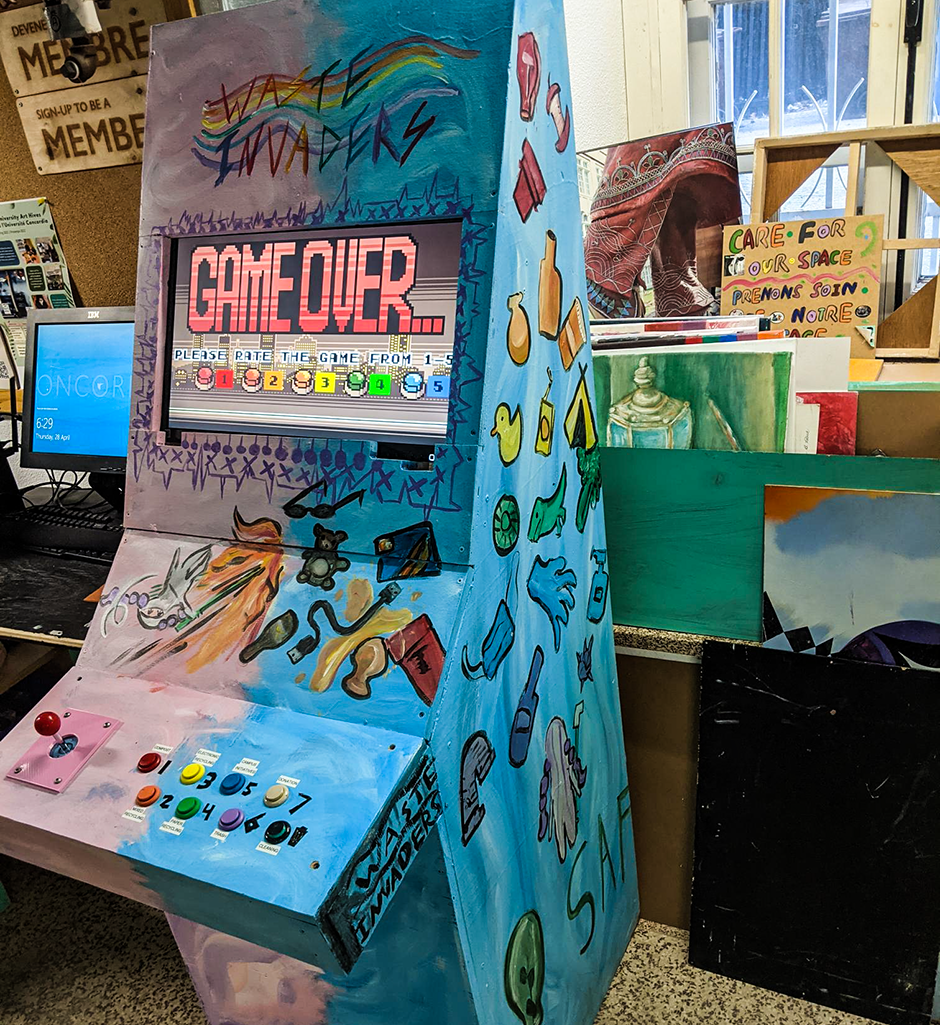
Jessica Winton connected with peers to bring an arcade game to life! Waste Invaders, akin to the classic arcade game “Space Invaders”, is designed to teach people how to sort their waste in an interactive way. Players use a joystick and 8 labeled buttons to send objects on screen to the right sorting station by identifying its plastic number (1-7) for stage 1 of the game, and stage 2 has labels indicating if it goes in mixed recycling, compost, trash, etc. Jessica received financial support from the Sustainability Action Fund to offer student honorariums for their expertise in coding, design, and more.
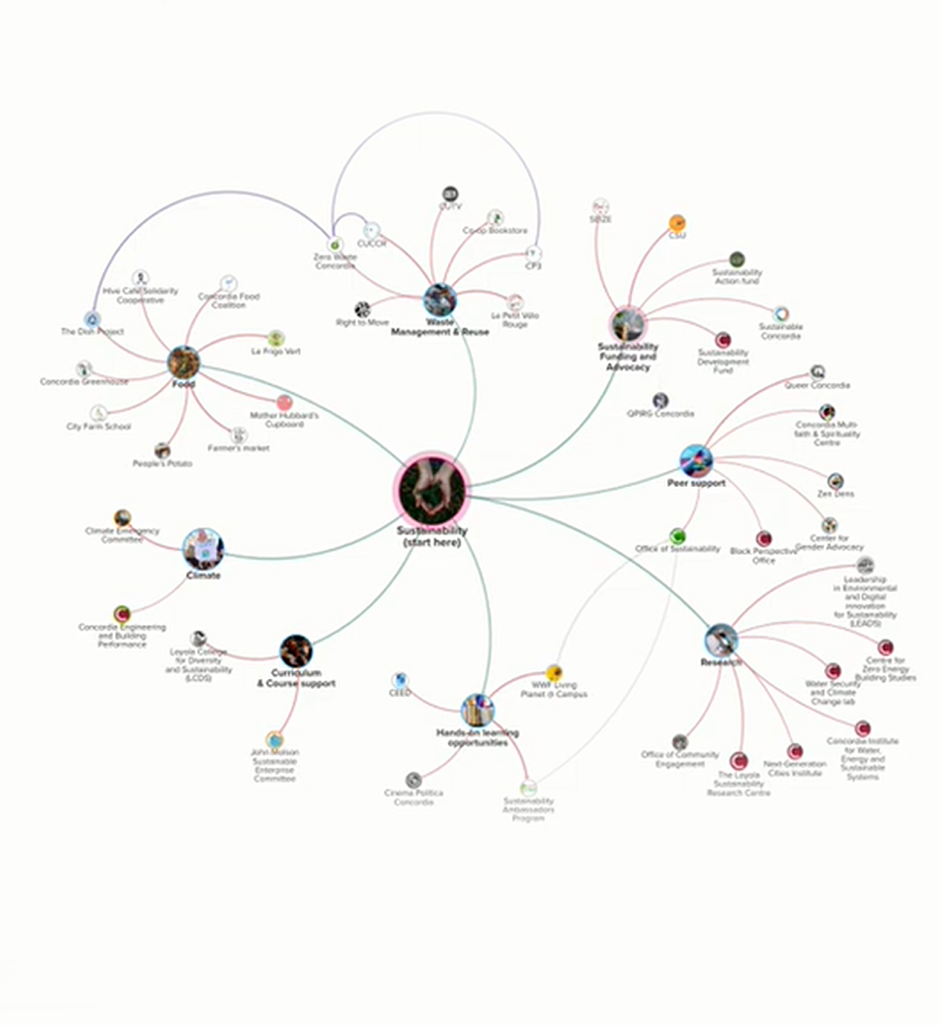
Essomasang Karine Balé was interested in helping peers find themselves amongst all the amazing opportunities on campus. For that reason, she designed and coded a systems-based approach to mapping Concordia’s Sustainability Ecosystem. She achieved the following:
- A Sustainability Action Fund Research Award for "Mapping Concordia's Sustainability Ecosystem".
- CSU’s Ben’s Sustainability Education Scholarship (2022)
- Presentation of her map in a pre-recorded presentation for the Loyola College’s A Sustainability across Disciplines event
Finalist for the AASHE Student Sustainability Leadership Award
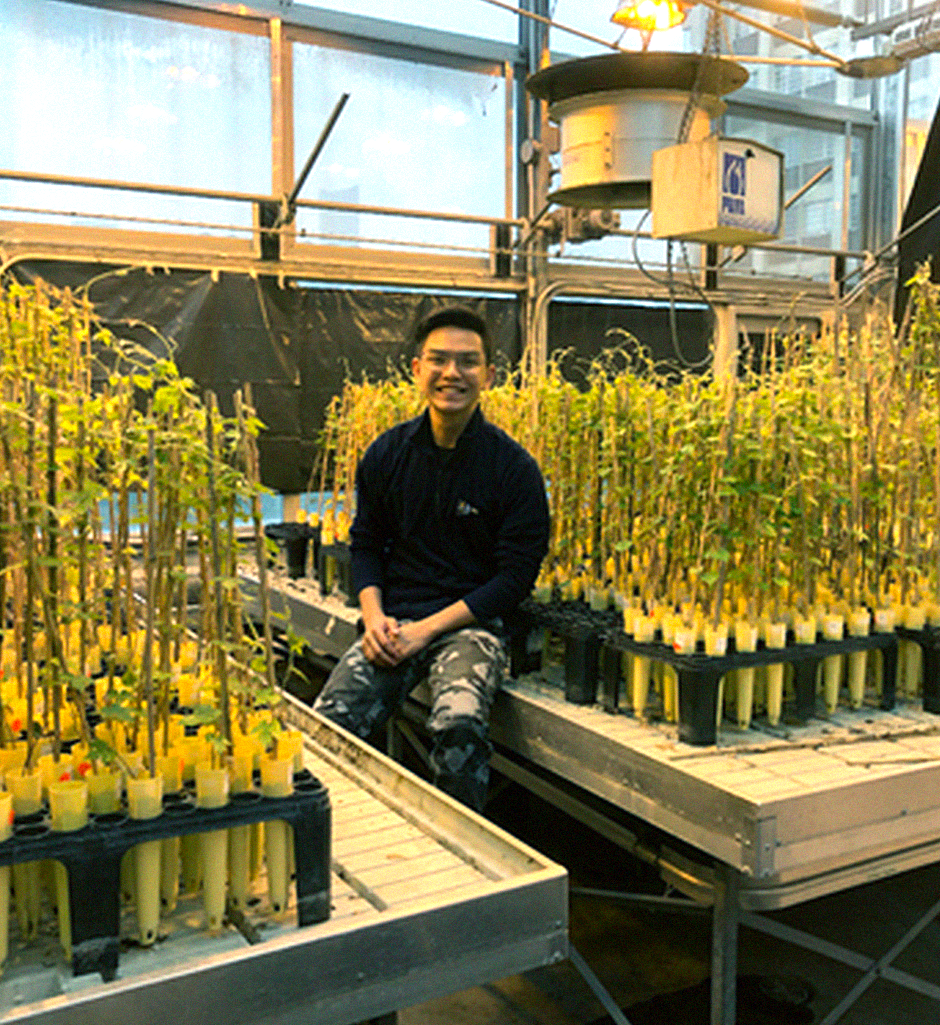
In the Brown lab, Miguel Eduardo Felismino is researching the impact of microplastics on the cognitive ecology, morphology, and allometry of growth of juvenile convict cichlids (freshwater fish). As an SA, Miguel combined passion with his research and public education and went to achieve the following:
- A Sustainability Action Fund Research Award for "From Recyclable to Researchable: Generating Research-Grade Microplastics from Recycled Materials"
- Presention with CP3 on The Reality of Fashion: Microplastics in the Ocean | Plastics in Fashion week
- A podcast interview on his research by Sustainable Concordia
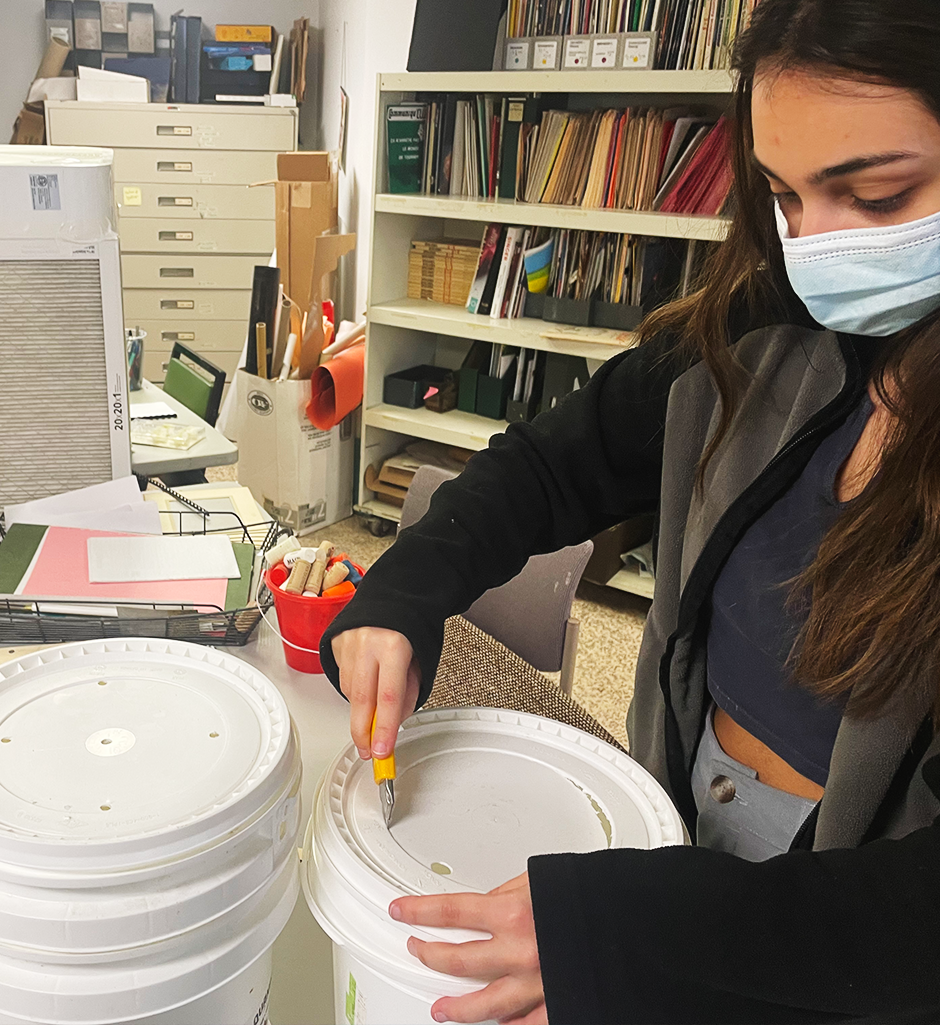
Haley Mowatt and Catherine Rokakis designed and facilitated 2 in-person workshops with a total of 47 attendees to educate their peers through experiential learning about how to compost with worms. They achieved the following:
- Gave 19 kits to attendees to try vermicomposting at home.
- Re-used 6.85 kg of materials from CUCCR.
- Printed and distributed 50 pamphlets that described how to start your own bin. You can read the brochure online here.
- Catherine won the Leadership in Environmental Sustainability Shuffle Award at Concordia, in part because of her involvement in the program.
- Creation of the Zero Waste Concordia initiative ABCompost
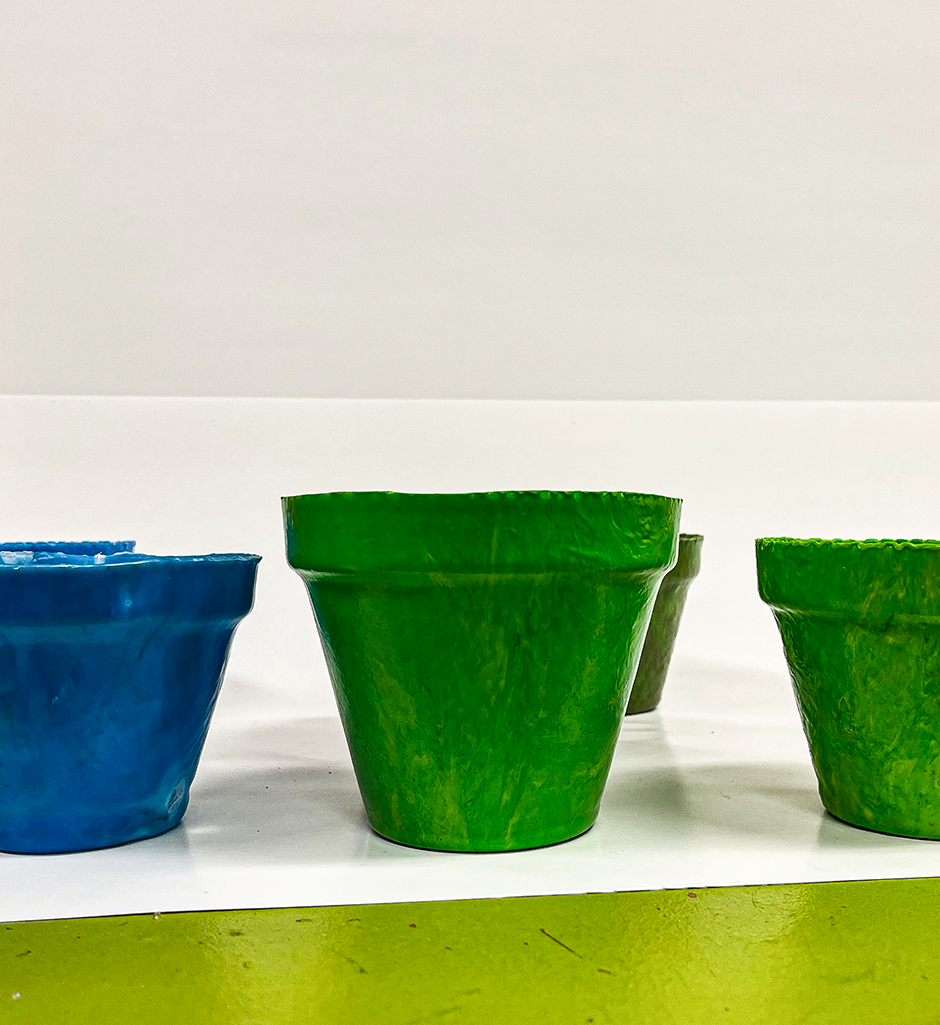
Emmanuel Addoquaye worked with the Concordia Precious Plastics Project (CP3) to design and implement workshops educating students about plastic reuse and recycling, as well as to create a prototype of a plant pot made from recycled microplastics.
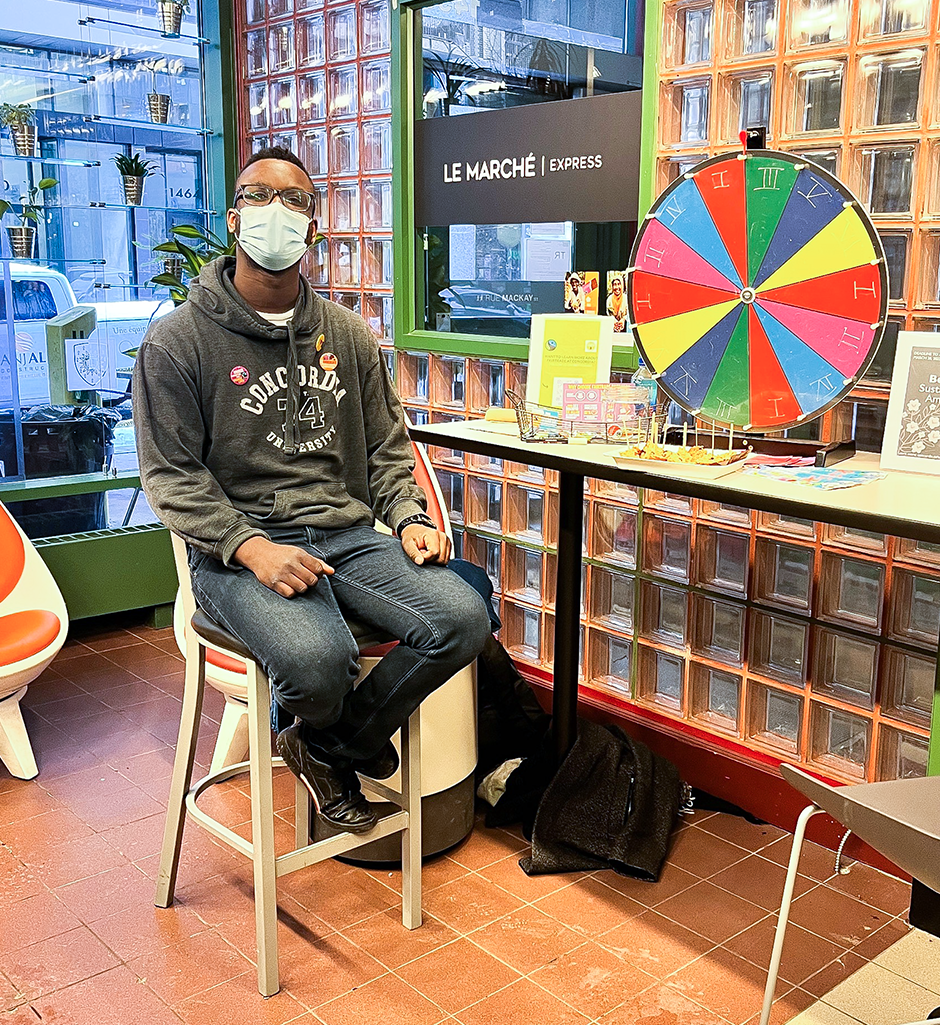
Erin Power designed and distributed a Fairtrade brochure, in collaboration with Concordia Food Services.
How to apply
Applications for the fall term are open to students in the winter term each year.
Program details
Ambassadors spend 6 hours per week on program activities in including team sessions, volunteering, outreach and education.
Partners & opportunities
Our partners commit to providing high-quality learning and leadership environments for our Sustainability Ambassadors.